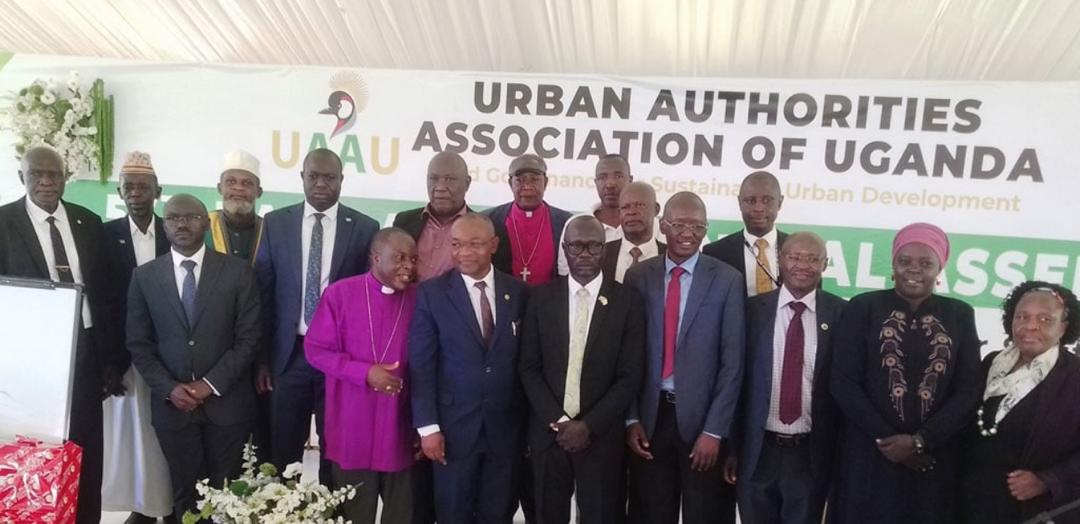The government is considering allocating additional resources to larger local governments and urban councils as an alternative to splitting existing administrative units, Local Government Minister Raphael Magezi has said.
Speaking on Thursday at the opening of the 56th Urban Authorities Association of Uganda (UAAU) General Assembly in Tororo Municipality, Magezi said the proposal is one of the measures Cabinet is exploring to address service delivery challenges in oversized local governments. The approach comes as the Cabinet-imposed moratorium on the creation of new administrative units remains firmly in place.
The minister was responding to concerns raised by UAAU president Wilson Sanya, who urged government to revisit pending requests to subdivide large administrative jurisdictions. Dr Sanya argued that some councils are too vast—both in population and geographic size—to deliver services effectively under current resource levels.
“Some of our councils are too big in terms of population and size, yet when resources are appropriated these factors are not adequately considered. On that basis, several councils have requested to be split,” Sanya said.
Magezi acknowledged the growing number of petitions from districts, municipalities and cities seeking to subdivide villages, parishes, wards, sub-counties, divisions and districts. However, he emphasised that Cabinet’s directive remains unchanged.
“We understand the challenges you face, but the Cabinet ban on the creation of new administrative units remains binding. Government, however, plans to give affirmative action to districts, municipal and city councils so they can operate at the same level as others during resource allocation,” he said.
Magezi noted that, in the interim, government will ensure that larger local governments receive additional resources, enabling them to function at the same pace as smaller administrative units. He cited Tororo District—where President Museveni had previously proposed the creation of three new districts and the elevation of Tororo Municipality to city status—as an example. The changes have stalled pending legal clearance from the Attorney General and a financing certificate.
Magezi added that big administrative units would be prioritised in key programmes such as the Parish Development Model (PDM) and road equipment distribution.
The minister also cautioned urban councils against internal power struggles, revealing that he had received reports of some speakers attempting to suspend mayors or district chairpersons.
“I have received shocking information that a speaker has gone ahead to suspend the mayor or chairperson. I have always guided that while the law provides for certain actions, this should not escalate to that extent because the mayor or chairperson remains the political head of the institution,” he said.
He criticised speakers who remove mayors or chairpersons from council sessions and urged leaders to uphold cooperation and respect intergovernmental structures. He further advised mayors and chairpersons to support their speakers with adequate transport, especially where official vehicles remain in active use.
Magezi also revealed that government is considering enhancing remuneration for local government leaders, following a recommendation by President Museveni.
“The President loves all his local leaders, and that is why he has recommended enhanced pay for them. The proposal is now in its final stages of consideration,” he said.
The 56th UAAU General Assembly brought together leaders from municipalities, cities and town councils across the country to discuss governance, resource allocation and emerging challenges in urban administration.


